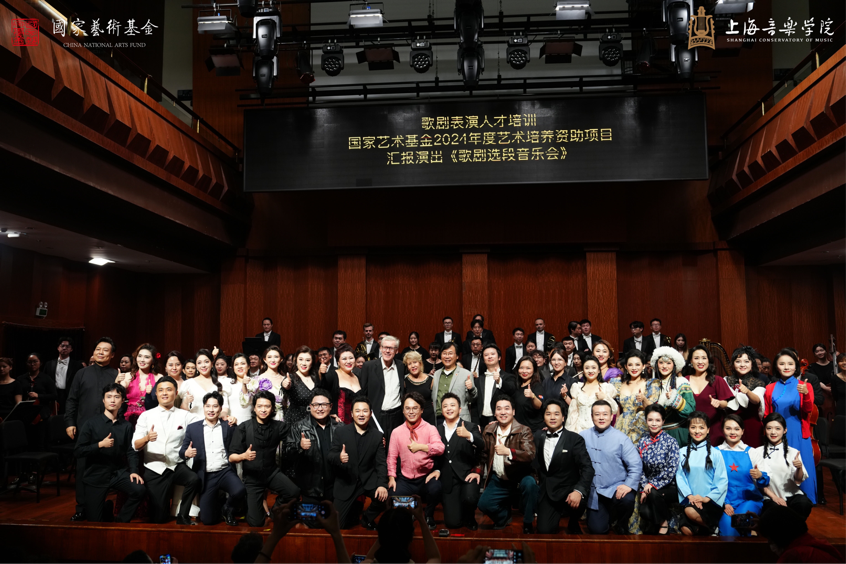A grand reunion

The 2024 Summit of the Forum on China-Africa Cooperation (FOCAC) concluded in Beijing on Friday. The three-day event saw leaders from China and African countries gather under the theme "Joining Hands to Advance Modernization and Build a High-Level China-Africa Community with a Shared Future" to celebrate friendship and chart the way forward for cooperation.
This marks another grand reunion for the big China-Africa family following the 2006 Beijing summit, the 2015 Johannesburg summit, and the 2018 Beijing summit of the FOCAC. It is also the largest diplomatic event that China hosted in recent years, with the highest attendance of foreign leaders, according to the Xinhua News Agency.
A declaration on jointly building an all-weather China-Africa community with a shared future for the new era and an action plan for the FOCAC covering the next three years were adopted Thursday at the summit, Xinhua reported.
The event is a major gathering for China and Africa.
In the forum venue, the Global Times reporters observed lively discussions between African representatives and their Chinese counterparts, exchanging ideas and expectations for the summit. This gathering felt like a grand reunion of the big China-Africa family, radiating warmth and fostering connections, particularly among the youth. The venue was adorned with the national flags of the 53 African countries that have established diplomatic ties with China, alongside the African Union flag, symbolizing the significant unity and enduring friendship between China and the African continent.
Many journalists from African countries had traveled long distances to cover this important summit. The FOCAC media center offered multilingual services in Chinese, English and French, including consultation, reservation, material distribution, and equipment borrowing. Through the on-site LED screens, journalists could access live broadcasts of multiple meetings with simultaneous multilingual interpretations.
The center also embraced cutting-edge technology, offering an AI-powered "digital news anchor" system that journalists could use to create their own personalized broadcasts featuring Beijing landmarks and summit backdrops. Additionally, an interactive humanoid robot named "Xiao Qi" assisted staff in responding to journalists' inquiries, receiving widespread praise.
Beyond technological wonders, the media center showcased rich Chinese cultural elements. African journalists experienced traditional Chinese crafts such as Chinese cloisonné, kite making, and Beijing Opera mask painting. During the summit, participants were also able to experience cutting Chinese seals and practice calligraphy, leaving their marks on summit memorabilia.
Some young African journalists expressed great interest in China's philosophy of governance. The media center featured an array of multilingual books in Chinese, English, and French to help African participants gain deeper insights into China's development path, governance, and principles. Additionally, special displays such as the "Double Olympics" commemorative newspaper (highlighting the 2008 Beijing Olympic Games and the 2022 Winter Olympics) and a hand-drawn map of Beijing's hutong offered attendees a glimpse into China's cultural heritage and modern achievements.
Theophile Niyitegeka, a reporter from Rwanda, shared his impressions with the Global Times.
"My initial impression of China is that it is a global powerhouse, characterized by impressive infrastructure and towering skyscrapers. Prior to my visit, I had seen media reports on China's development, but I could hardly believe it until I witnessed it firsthand," Niyitegeka said.
He also emphasized the strong relationship between Rwanda and China, highlighting cooperation in sectors like education, technology, and agriculture. Recently, 71 Rwandan students were awarded scholarships to study in China, further strengthening the bond between the two countries.








